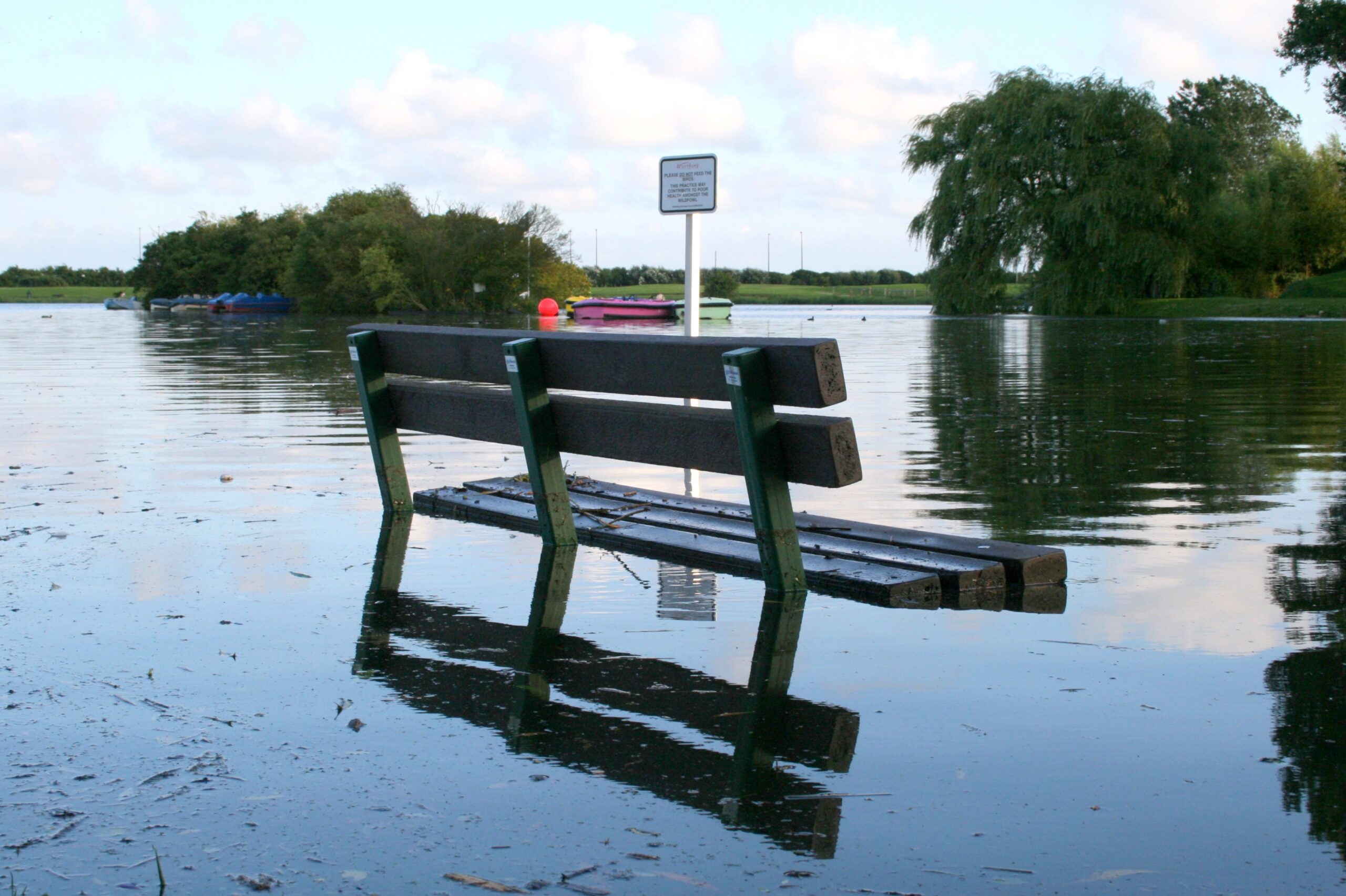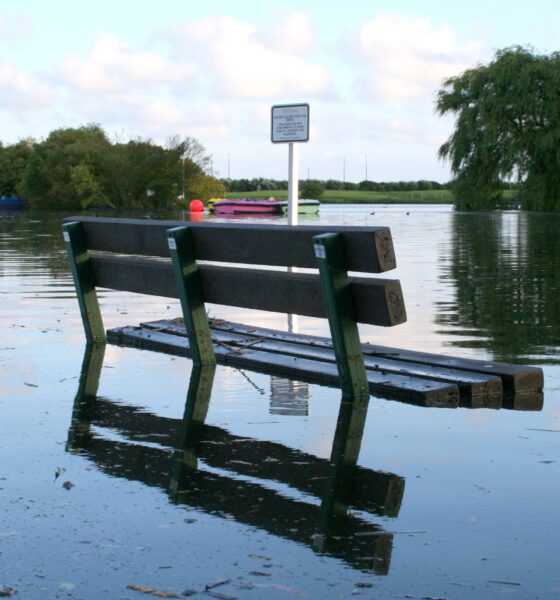

Environment
Thousands of US cities at risk of sea level rise
Around 1,700 cities, including New York and Miami, will face a ‘watery future’ by the end of the century, with a new study saying sea levels could rise by as much as 2.3 metres because of increasing global temperatures.
The article, Rapid accumulation of committed sea-level rise from global warming,
“We have two sea levels: the sea level of today, and the far higher sea level that is already being locked in for some distant tomorrow”, explained Ben Strauss, author of the study and researcher at Climate Central.
“By the end of this century, if global climate emissions continue to increase, that may lock in 23 feet of sea level rise, and threaten 1,429 municipalities that would be mostly submerged at high tide. Those cities have a total population of 18 million.
“But under a very low emissions scenario, our sea level rise commitment might be limited to about 7.5 feet, which would threaten 555 coastal municipalities: some 900 fewer communities than in the higher-emissions scenario.”
He added, “Hundreds of American cities are already locked into watery futures and we are growing that group very rapidly. We are locking in hundreds more as we continue to emit carbon into the atmosphere.”
Strauss reviewed the results of another study by Anders Levermann, who suggested that for each 1C rise in temperatures, there would be a 2.3 metres of sea level rise. Among the cities threatened by this phenomenon are Miami, Jacksonville, Sacramento, Boston and New York, with Florida being the most vulnerable state.
The study concludes, “The current trend in carbon emissions likely implies the eventual crippling or loss of most coastal cities in the world. However, within a rapidly closingwindow
Further reading:
We can still have a global warming U-turn, say researchers
UN agency reports on ‘decade of climate extremes’
1 in 10 people will live in a ‘climate change hotspot’ this century


 Environment12 months ago
Environment12 months agoAre Polymer Banknotes: an Eco-Friendly Trend or a Groundswell?

 Features11 months ago
Features11 months agoEco-Friendly Cryptocurrencies: Sustainable Investment Choices

 Features12 months ago
Features12 months agoEco-Friendly Crypto Traders Must Find the Right Exchange

 Energy11 months ago
Energy11 months agoThe Growing Role of Solar Panels in Ireland’s Energy Future




























